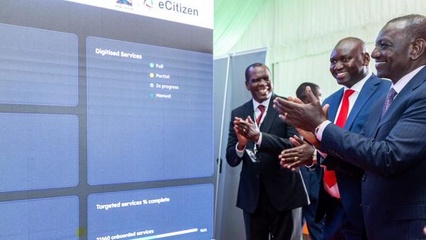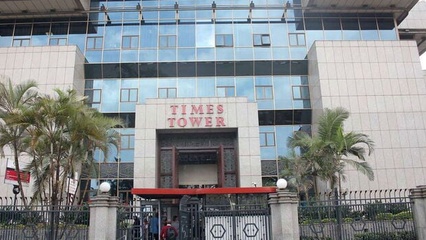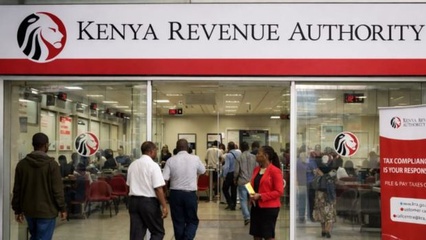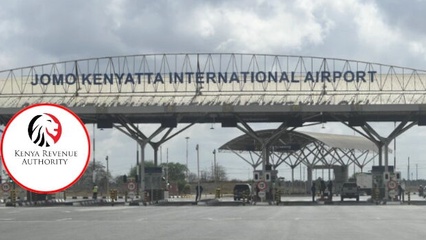KRA Issues Alert on Undocumented Bank Deposits

Many companies and individuals have been using the trick to evade taxation...
✨ Key Highlights
The Kenya Revenue Authority (KRA) has clarified that a recent tribunal ruling does not grant it blanket powers to tax all bank deposits. Instead, the ruling affects only deposits that lack proper documentation verifying them as loans or capital injections, deeming them taxable income under Section 3 of the Income Tax Act. This clarification follows social media claims sparked by a tribunal decision involving a pipe manufacturing company.
- The ruling by Tribunal Appeal E1116 of 2024 was issued on September 2.
- The case involved a pipe manufacturing company whose deposits from 2019-2022 were questioned by KRA.
- Section 3 of the Income Tax Act establishes the charge to income tax in Kenya.
- Unexplained deposits, without documentation like loan agreements or shareholder records, will be treated as taxable income.
Continue Reading
Read the complete article from Kenyans
Part of the Day's Coverage
KRA Clarifies Tax on Deposits, World Bank Warns on Bank Loans, and PS Reveals eCitizen Revenue - September 2025
The Kenya Revenue Authority (KRA) has clarified that a recent tribunal ruling does not grant it blanket powers to tax all bank deposits. Instead, the ruling affects only deposits that lack proper documentation, which are deemed taxable income under the Income Tax Act. On a broader economic note, the World Bank expressed concern over increasing non-performing loans in Kenya's banking sector, warning they threaten to cause losses for local banks and erode capital buffers. Meanwhile, Immigration Principal Secretary Belio Kipsang revealed that three technology firms maintaining the eCitizen platform earn over Ksh3 million daily. This disclosure comes amidst criticism over a Ksh50 convenience fee which an audit report deemed unlawfully imposed.















